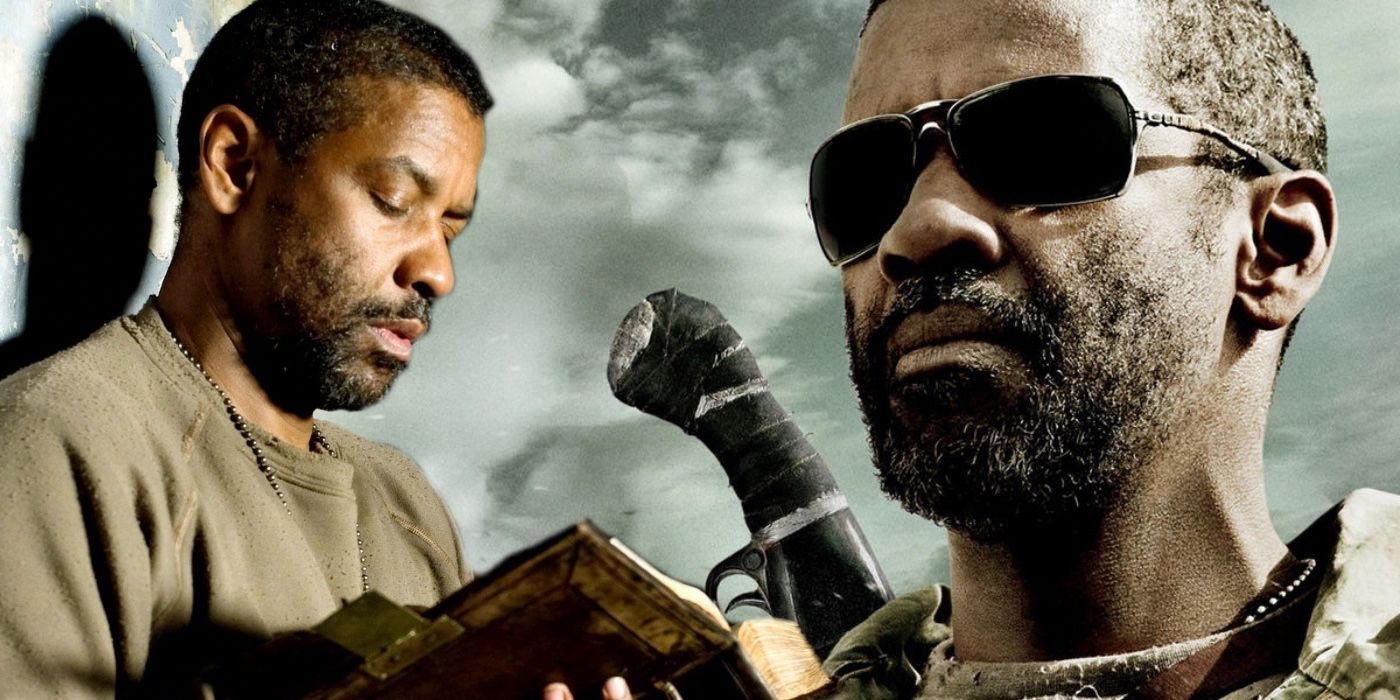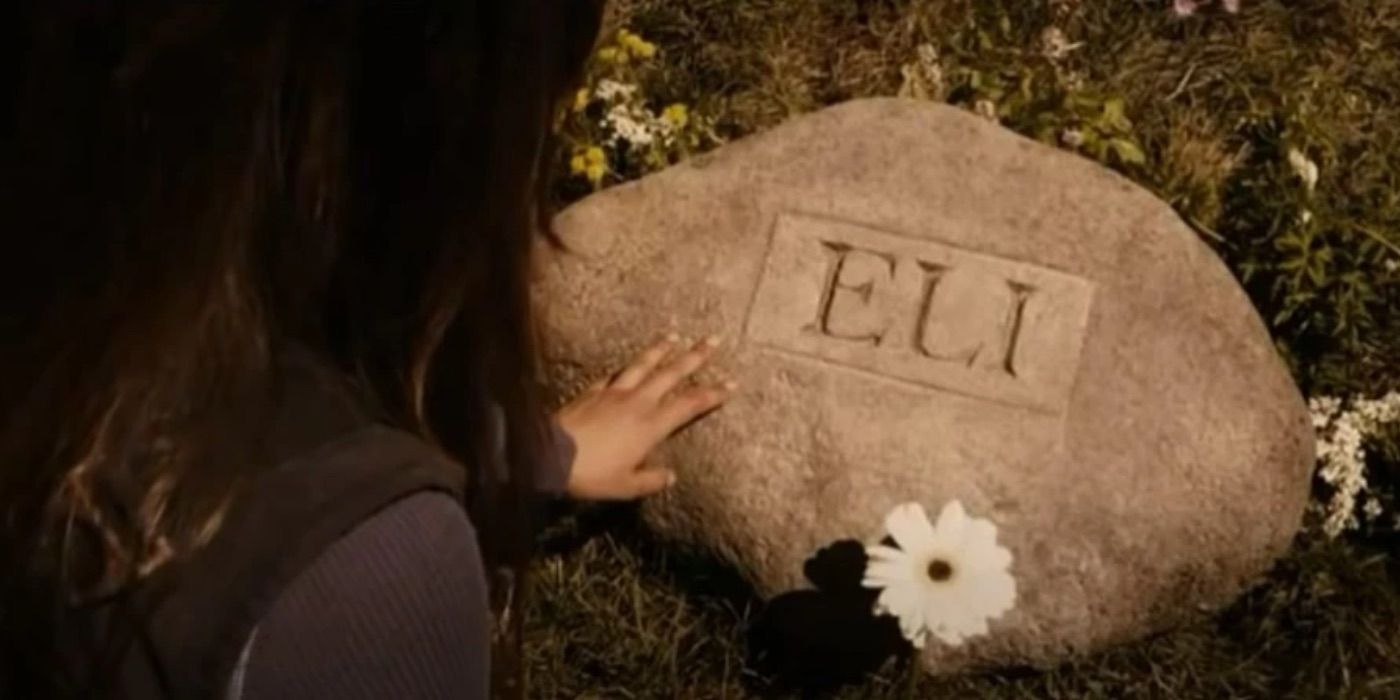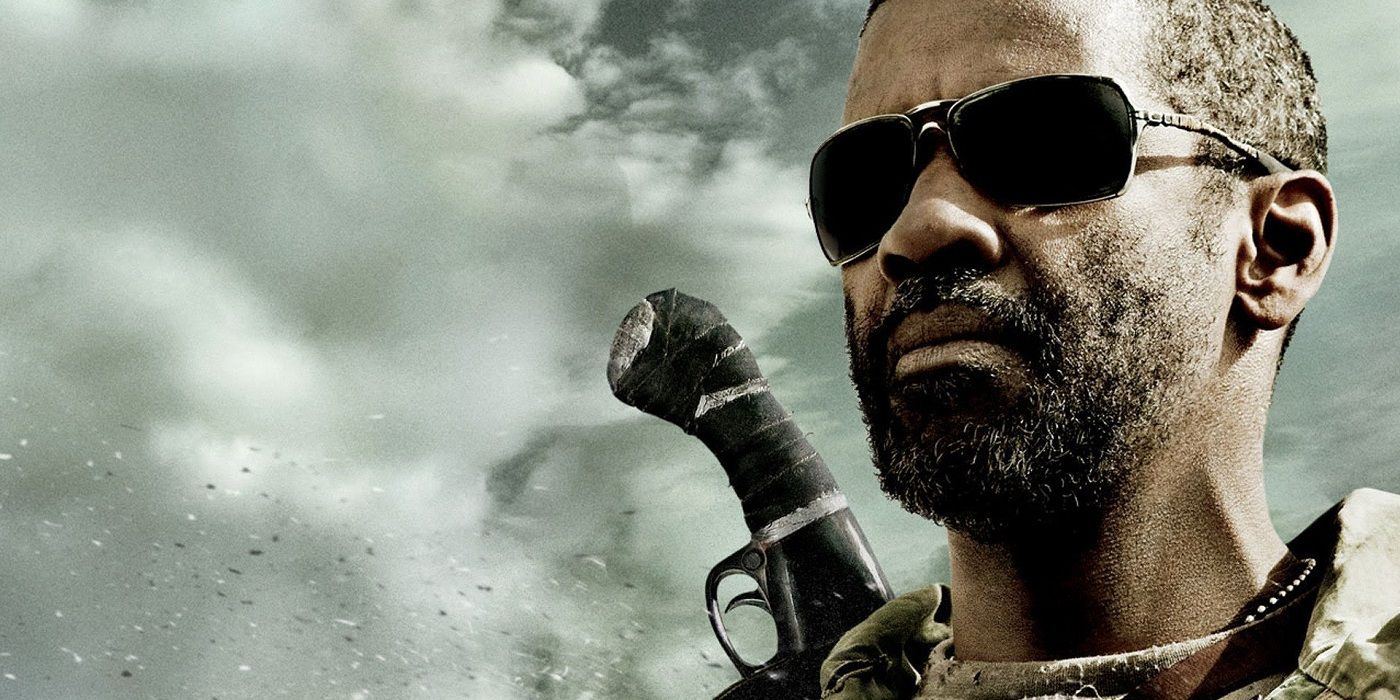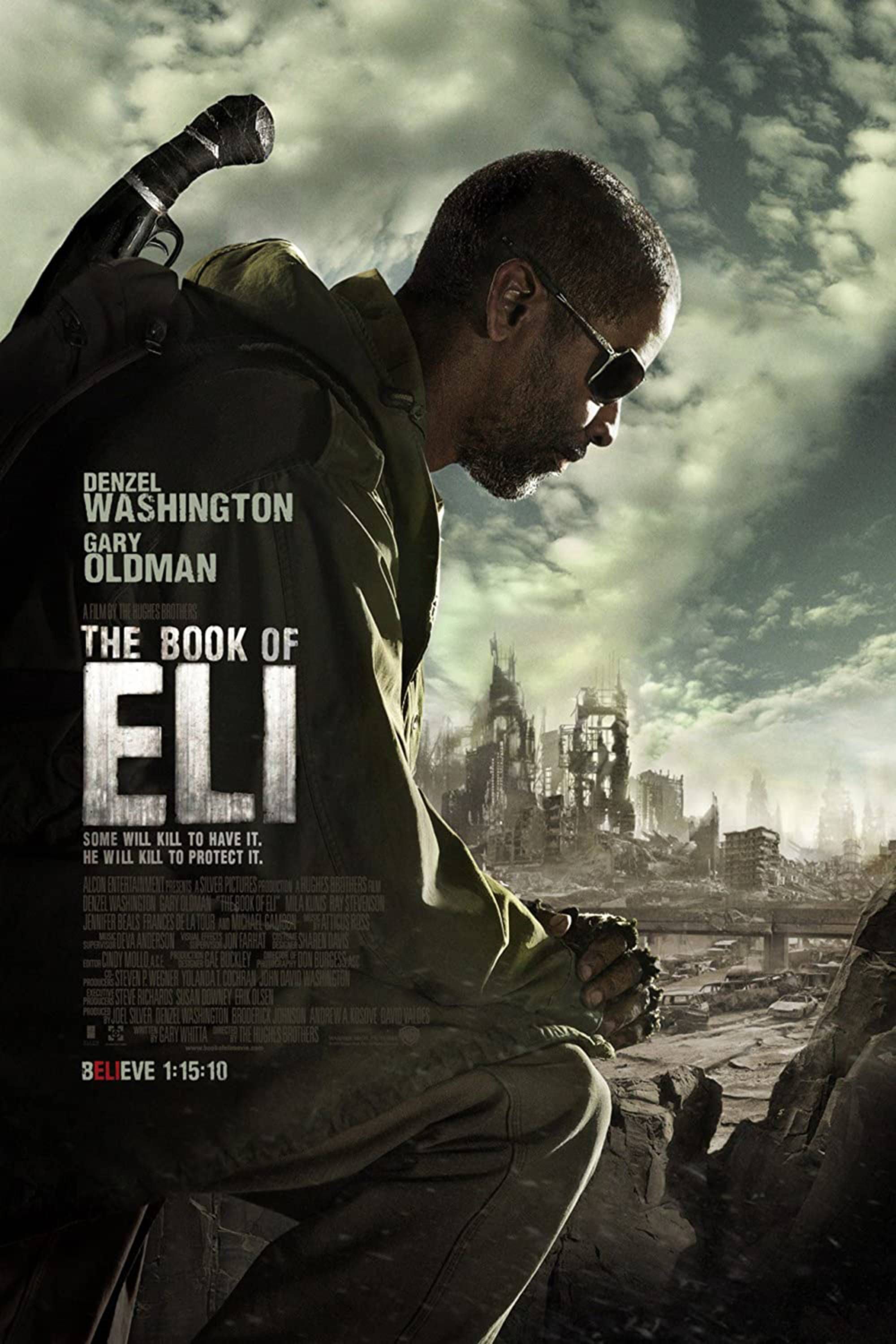Summary
- The Book of Eli surprises viewers with twists and strong symbolism, leaving plenty to unpack, contributing to its cult success.
- The shocking twist of Eli's blindness adds depth to the story and makes the film more compelling on a second viewing.
- Eli's death reflects the power of sacrifice and mirrors the hero's journey, emphasizing the central tenets of faith and religion.
The ending of 2010's post-apocalyptic action movie The Book of Eli is steeped in deeper meaning and features a shocking twist. The Book of Eli follows Denzel Washington as the titular Eli, a rugged survivor traversing a post-apocalyptic wasteland in possession of a mysterious book that it's quickly apparent many are willing to kill for. Though the average critical response was negative, some praised The Book of Eli's gripping plot and exciting twist on the post-apocalyptic genre.
Even among a wealth of other films tackling the same subject, The Book of Eli manages to world-build in a way that is constantly compelling, and the movie grossed over $150 million (via Box Office Mojo). The Book of Eli surprises viewers with a bounty of twists while never turning its back on the strong use of symbolism that carries throughout the plot. This heavy thematic depth also means the Book of Eli ending leaves plenty to unpack, a fact responsible for its cult success over a decade after its debut.
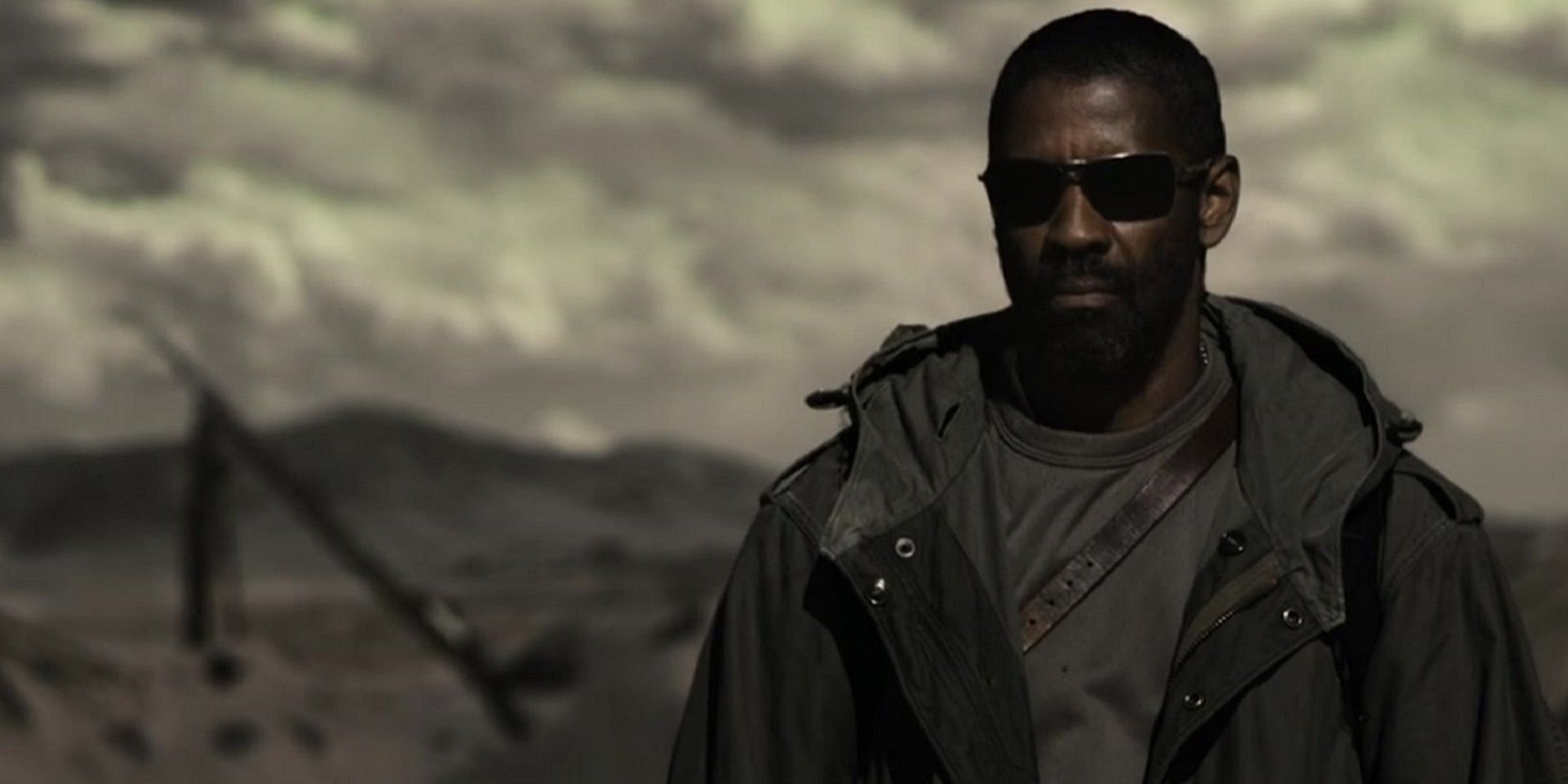
Will There Be A Book Of Eli 2?
The Book of Eli was a box office hit that reimagined the post-apocalypse genre, but will there ever be a sequel to the Denzel Washington movie?
What Happens In The Book Of Eli's Ending
Lombardi Learns Why Only Eli Could Be Trusted To Carry The Book
After securing the book — which is revealed to be an intact copy of the Bible — at the end of The Book of Eli, the evil Bill Carnegie (Gary Oldman) returns to his town and enlists the help of the Engineer (Tom Waits) to break the lock that holds it closed. Meanwhile, Eli and Solara (Mila Kunis) arrive in the remains of San Francisco, and row out to Alcatraz Island where they are greeted by Lombardi (Malcolm McDowell) and his people who are working to preserve the sum of human knowledge that came before the nuclear holocaust that wiped out civilization.
Carnegie manages to get Eli's Bible open only to discover that it was written in braille and there is no way he can read it. Though he loses the Bible in the fight with Carnegie, Eli remembers its entire contents by heart and can recount the words to Lombardi, who eagerly begins writing everything down. Back in town, Carnegie is confronted by Claudia, who refuses to translate the braille for him, and alerts him that his quest to secure the book has led him to lose control of his city.
After recounting the Bible in its entirety, Eli eventually dies, and the freshly printed Bible is placed among a shelf full of other holy books in the final scenes of The Book of Eli. Solara opts not to stay at the Alcatraz sanctuary and takes Eli's sword as she returns home across the wasteland.

The 10 Darkest "End Of The World" Depictions In Post-Apocalyptic Movies
End of the world movies are often unsettling, but some post-apocalyptic films like The Matrix depict futures that are especially dark.
Eli Is Revealed To Be Blind
Eli's Blindness Completely Repositions The Book Of Eli
Though The Book of Eli gives very little indication that Eli can not see, it nevertheless pulls a shocking twist by revealing that he is blind. One of the things that make The Book of Eli an underrated 2010s sci-fi movie is that it continues to push its concept further and further, and Eli's blindness isn't just a meaningless twist. Brilliantly revealed in the scene where Carnegie discovers the Bible is in braille, the twist ending comes about slowly as opposed to being a moment that overemphasizes itself, and it completely changes The Book of Eli's story.
Unlike many other movie twists that make a rewatch unnecessary, the reveal of Eli's blindness makes The Book of Eli a more compelling experience on a second viewing. Eli's blindness also makes him more dynamic, because his very existence becomes symbolic. Throughout the movie, Eli espouses the power and importance of faith, and though he never uses the exact words, faith has always been described as blind belief. Eli is the living embodiment of faith because he allows himself to be led by a higher power on an adventure that would normally be impossible for someone who is visually impaired.
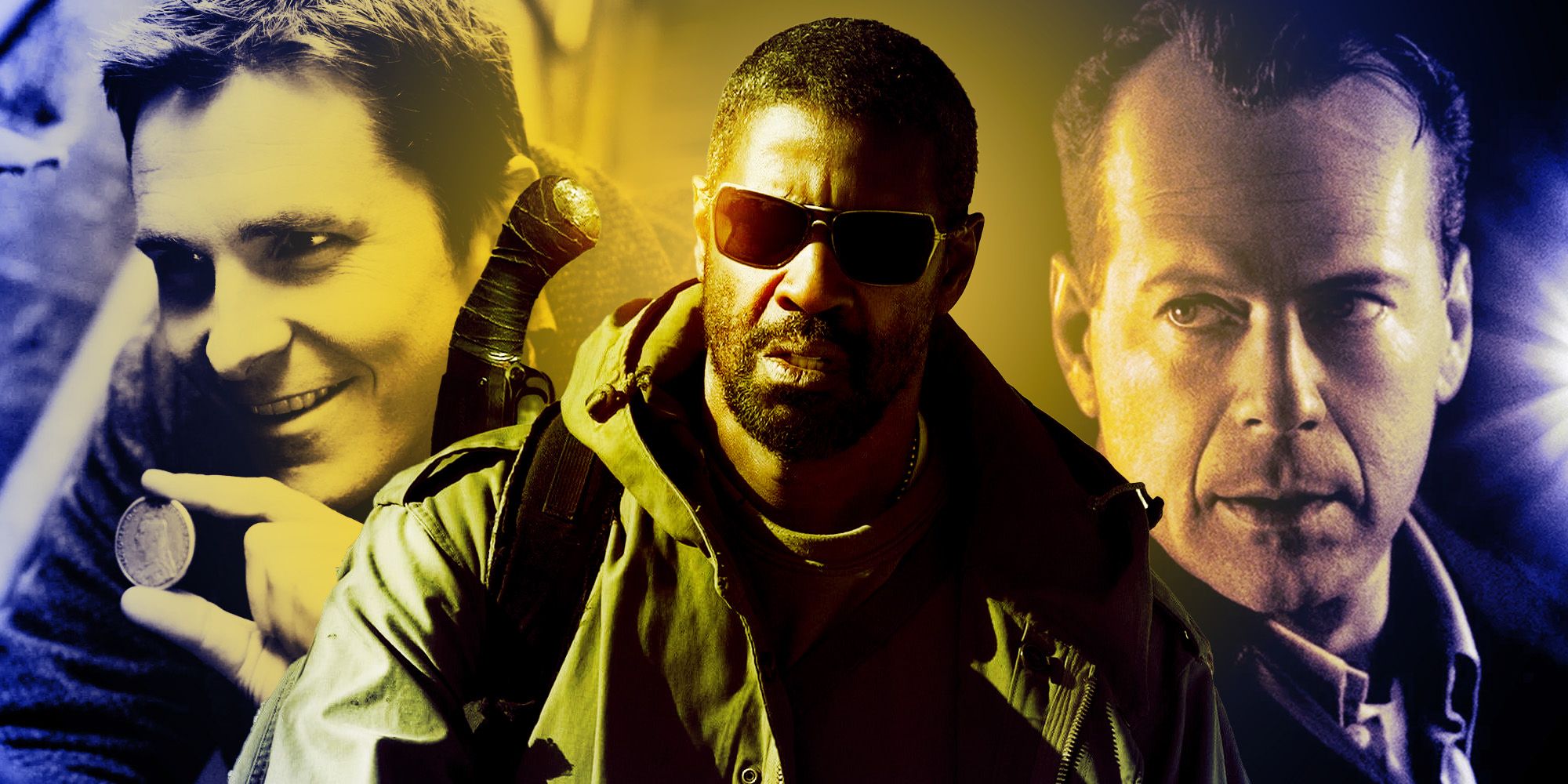
10 Movie Twists That Completely Change The 2nd Time You Watch
Some twists are so big and impactful that they can completely change a movie the second time it's viewed - when viewers already know what's coming.
Eli's Death Represents The Power Of Sacrifice
The Book Of Eli Ending Wouldn't Be Impactful If Eli Survived
Action movies where the main character dies are rare, but The Book of Eli's ending is made better because Eli doesn't survive. Instead of giving him an all-guns-blazing finale that would have tipped the movie into sillier territory, Eli's morose and subtle death is appropriate for a character who isn't an action hero by choice. Eli's death at the end of The Book of Eli is almost a necessity because it reflects elements of the Bible and the many other figures who also met their end in pursuit of faith.
The gunshot wounds Eli suffers from Carnegie earlier in the movie lead to his death, but not before he can impart his knowledge of the Bible to Lombardi. Having made the ultimate sacrifice, Eli trades his life to protect the religion he holds dear, and he mirrors Christian martyrs who would later become saints in some denominations. The power of sacrifice is one of the central tenets of most religions, but it is especially important in Christianity when considering the story of Jesus and his death in the New Testament, something the hero's journey in The Book of Eli mirrors.
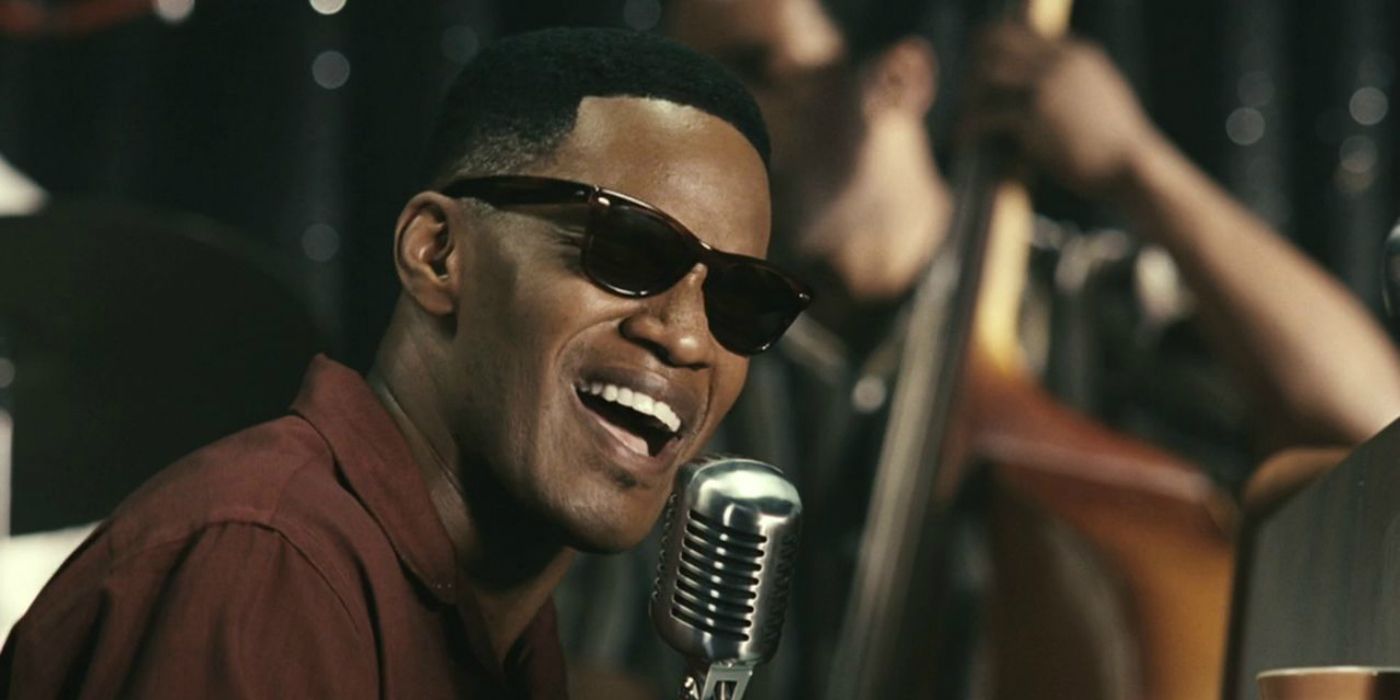
15 Awesome Movies That Actually Understand Blindness
These fifteen fantastic films that depict people with visual impairment are tear-jerking, thrilling, and even kind of terrifying.
The Book Of Eli's Real Meaning
The 2010 Sci-Fi Preached The Power And Dangers Of Knowledge
Despite not being a critical success, The Book of Eli is anything but a disposable blockbuster with no substance. Nearly every aspect of the story serves some larger purpose in the grand scheme of things, and the plot is rich with meaning. The Book of Eli makes it clear in the end that Christianity isn't the sole specific message that is to be taken away from the story, because the newly printed Bible takes its place among other holy books. Instead, The Book of Eli is ultimately about the power of ideas and how they can be wielded for good and bad purposes.
Carnegie wanted to use the Bible as a means of controlling the minds of those around him, while Lombardi and Eli were keepers of knowledge who only wanted to benefit humanity. Ironically, Eli cryptically suggests in the voice-over that the apocalyptic war was fought over religion, which makes his mission all the more imperative. In the end, The Book of Eli doesn't endorse one religion over another but instead warns of the power of such powerful belief, and shows how there can be intense good as well as unfathomable evil that can spring from the very same well of ideas.



